The Enquirer understands that McLaren will shortly sign deals for the £200m+ Cardiff Arena scheme and the £120m refit of London’s landmark Barkers of Kensington department store.
The wins keep the contractor on course to top the £1bn revenue mark after posting a positive set of results for the year ending 31 July 2024 showing turnover of £924m from £964m last time as pre-tax profits almost doubled to £11.9m from £6.3m.
McLaren set-up a new construction management division last year and the unit’s first major contract win is also understood to be imminent.
McLaren Construction’s chairman, Kevin Taylor, said: “A stable year, full of successes for our customers and teams, has given us the foundations for further growth and diversification from the second half of 2024.
“New divisions offer new construction management capability and bring all the benefits of McLaren’s skills and track record to projects in Yorkshire and the Northeast.
“2025 will be the year we exceed turnover of £1 billion and that is a major achievement for a privately owned contractor. My colleagues should be very proud of what they have achieved together.”
A growing proportion of the firm’s work comes from public sector customers while the business remains active in a broad range of sectors – offices, mixed-use, residential, retail, student accommodation, education, healthcare, building safety, industrial and logistics, data centres, hotels and leisure.
Of the firm’s turnover in the financial year, 74% was repeat business from developers such as, British Land, Landsec, Stoford, GLP, Be First, DFE, Argent Miller Developments, and the Cadogan Estate.
Group chief executive officer Paul Heather said: “The systems are in place to channel the firm’s considerable in-house expertise into every project and to monitor performance in real time, whether that’s environmental impact or quality control. The results are seen in the successful delivery of an increasing number of projects worth over £150m.”
McLaren said it has invested heavily in capability to deliver remediation and new high rise residential development in line with the requirements of the Building Safety Act.
But the firm is seeing the same problems as others in the market as delays getting Building Safety Regulator approval hamper projects.
It has suggested a revamp of the current system to include a pre-application process funded by developers.
Heather said: “The impact of the approvals process for Gateways 2 and 3 is delays of 6 -12 months on new builds. These delays are creating significant cost impacts, causing investors to hold back finance and, in some cases, are making projects unviable.
“One way to maintain viability on larger schemes with multimillion pound investment could be to introduce a building safety pre application procedure akin to the pre application process in the planning system. These pre-apps would be funded by the developers, helping the Building Safety Regulator to resource the process.
“A pre application consultation process would allow the project team to resolve any project-specific regulatory interpretation, progress design to RIBA stage four and apply with confidence. It would de-risk the application process, maintain the flow of finance to the sector and aid in delivering targets set by government for accelerating development.
“There is no question of watering down the new standards. Developers and their professional teams have the capability to design and develop buildings in full compliance with the enhanced regulatory framework.”









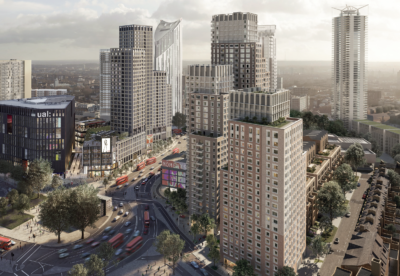
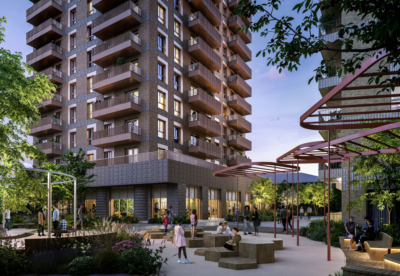

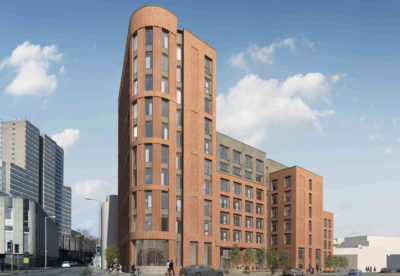


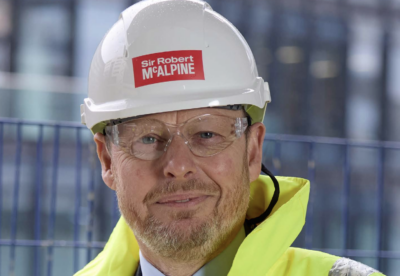

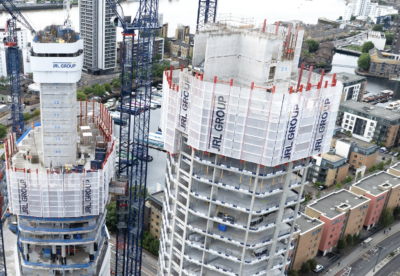
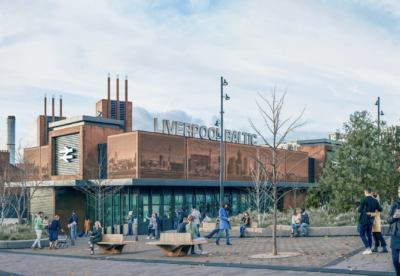







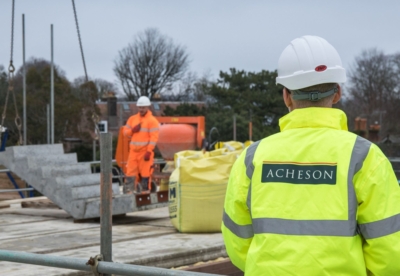







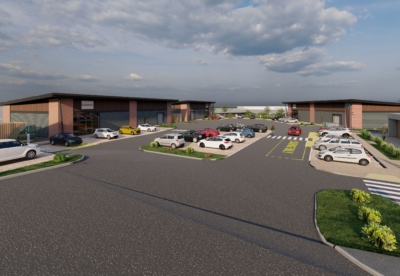
 (300 x 250 px).jpg)

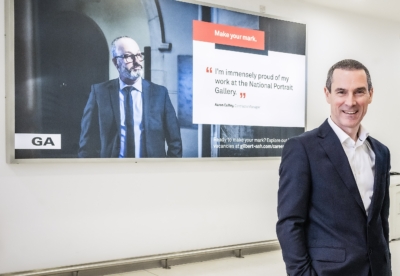










.gif)


